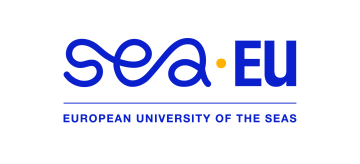Location
Department of Business and Quantitative Studies
Pacanowski Palace
Generale Parisi Street, 13 – 4th Floor
80132
Naples
Italy
Napoli FinTech Lab is a top-tier, fully-funded educational initiative for emerging talents. Founded on a financial innovation workshop, it sees the participation of universities, key financial sector companies, a technological partner, fintech startups, and students. Its aim is to establish a university-based fintech ecosystem that actively contributes to the digital transformation of the banking and financial sectors. The laboratory offers a qualified, fast and free high-level training plan, enabling the acquisition of distinctive professional knowledge and skills in designing fintech products and services.The aim is to train a new job of the Fintech Project Manager, that is, a complexity manager, able to make the Financial and Technological parts interact effectively. The laboratory is a Playground, where experimenting with a practical approach to training. Study and Do because designing means learning by exploring. The laboratory’s partners invest in new talent, bringing innovation to the university, experimenting with co-design logic, and making 10 internships available to the best participants. The Laboratory has two distinct paths and distinct track. The Open Innovation track offers a specialized high-level training program focused on Financial Intermediation and Fintech, Python Programming, Artificial Intelligence, Design Thinking, Digital Design, and Functional Analysis. This training is designed to equip participants with the necessary skills to undertake real fintech projects, as proposed by the lab's partners. Participants are given the chance to craft fintech prototypes both in terms of design and technological-digital dimensions. On the other hand, the Start-up track provides training on Business Design Thinking, complemented by external advisory sessions. This is geared towards helping participants formulate a compelling pitch to be presented to the lab's partners and potential investors.
